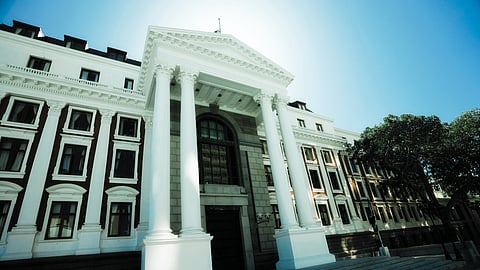FW de Klerk Foundation urges creation of a constitutionally independent anti-corruption body
Key topics:
FW de Klerk Foundation warns SA is breaching the Glenister judgment by failing to establish an independent anti-corruption body.
Current structures like the Hawks and IDAC lack independence and capacity, undermining constitutional compliance.
Calls for reform include tougher sentencing, lifetime bans for corrupt officials, and real-time public transparency tools.
Sign up for your early morning brew of the BizNews Insider to keep you up to speed with the content that matters. The newsletter will land in your inbox at 5:30am weekdays. Register here.
Support South Africa’s bastion of independent journalism, offering balanced insights on investments, business, and the political economy, by joining BizNews Premium. Register here.
If you prefer WhatsApp for updates, sign up to the BizNews channel here.

